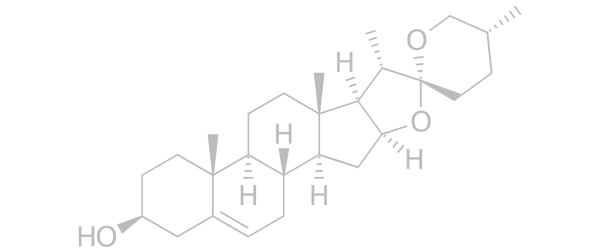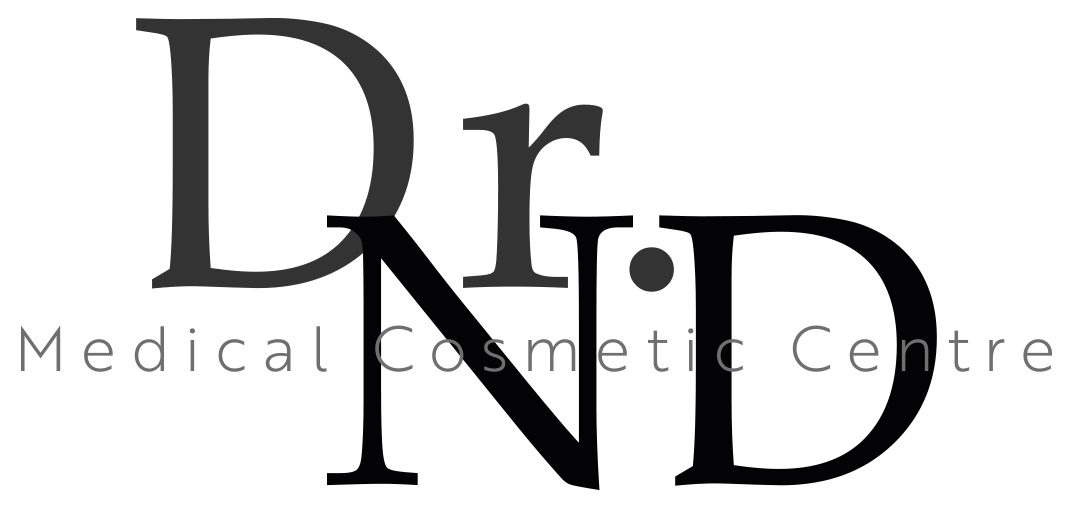Menopause Health
It is predicted that by 2030, a third of women will be living half their lives post-menopause. Bio-identical hormones have the same chemical structure as the naturally occurring hormones which are produced in the body and are derived from diosgenin, which is sourced from Mexican yams.

They are 100% identical in chemical structure to our own hormones, and their effects and benefits replicate them closely. Synthetic hormones, on the other hand, have a chemical structure that may be similar to, but not exactly the same as the hormones produced by the body. These chemical differences can mean that synthetic hormones act differently in the body and can produce different effects.
Bio-identical hormones can therefore be very beneficial to patients who have a hormone imbalance from menopause, or have previously tried other hormonal medications, including HRT, and experienced unwanted effects.
At Dr Nestor’s Medical Cosmetic Centre, we carry out a comprehensive consultation and appropriate tests, in order to evaluate the full picture. If a menopausal hormonal imbalance is diagnosed, a personalised treatment plan of bio-identical hormones is made specifically for you.
Medication is usually prescribed as a lozenge or cream, formulated to the individual patient’s requirements. The treatment plan always includes regular follow-ups and ongoing monitoring to help achieve optimum results. Our patients’ care and safety is central to all that we do, and our thorough treatment plans and tests enable the team to work very closely with each individual patient.
Women’s Health
Often women don’t understand what is happening in their bodies at different stages in their lives. We believe in helping to provide the knowledge and guidance necessary to educate and empower our patients to take control of their health and their lives. This makes it easier for them to regain their confidence and make informed decisions.
Peri-menopause and menopause
How do we treat all stages of the menopause? As a woman moves through each phase of menopause, hormone levels can fluctuate significantly. Vital hormones, such as oestrogen, progesterone and testosterone remain important for bones, vaginal and urethral tissues, skin, brain function and cardiovascular health. Balancing and replenishing these hormones remains important for the maintenance of a woman’s health, energy, mood and brain function.
Dr Nestor’s team has benefitted from extensive training from the The Marion Gluck Clinic in London, pioneers in personalised medicine and care. One size does not fit all, and a thorough consultation, together with appropriate tests, will enable a bespoke treatment path to be developed for the individual’s needs.
As every woman is unique, so are her hormones. Every woman has her ‘own’ menopause and thus every hormone solution is specifically designed for her.

Menopause Health FAQ’s
- What Is Menopause?
- What Causes Menopause?
- How Does Natural Menopause Happen?
- What Are The Symptoms?
- How Do I Know When I’m Going Through Menopause?
Menopause is a normal condition that all women experience as they age. The term “menopause” can describe any of the changes a woman goes through, either just before or after she stops menstruating, marking the end of her reproductive period.Menopause is a normal condition that all women experience as they age. The term “menopause” can describe any of the changes a woman goes through, either just before or after she stops menstruating, marking the end of her reproductive period.
A woman is born with a finite number of eggs, which are stored in the ovaries. The ovaries also make the hormones oestrogen and progesterone, which control menstruation and ovulation. Menopause happens when the ovaries no longer release an egg every month and menstruation stops.
Menopause is considered a normal part of ageing when it happens after the age of 40. But some women can go through menopause early, either as a result of surgery, such as hysterectomy, or damage to the ovaries, such as from chemotherapy. Menopause that happens before 40, regardless of the cause, is called premature menopause.
Natural menopause is not brought on by any type of medical or surgical treatment. The process is gradual and has three stages:
- Perimenopause. This typically begins several years before menopause, when the ovaries gradually make less estrogen
- Perimenopause lasts up until menopause, the point when the ovaries stop releasing eggs
- In the last 1 to 2 years of perimenopause, the drop in oestrogen quickens. At this stage, many women have menopause symptoms
Most women approaching menopause will have hot flashes: a sudden feeling of warmth that spreads over the upper body, often with blushing and some sweating. The severity of hot flashes varies from mild in most women to severe in others.
Other common symptoms around the time of menopause include:
- Irregular or skipped periods
- Insomnia
- Mood swings
- Fatigue
- Depression
- Irritability
- Racing heart
- Headaches
- Joint and muscle aches and pains
- Changes in libido (sex drive)
- Vaginal dryness
- Bladder control problems
Not all women get all of these symptoms
Either you’ll suspect the approach of menopause on your own, or your doctor will, based on symptoms you’ve told her about. To help figure it out, your doctor can do a certain blood test.
